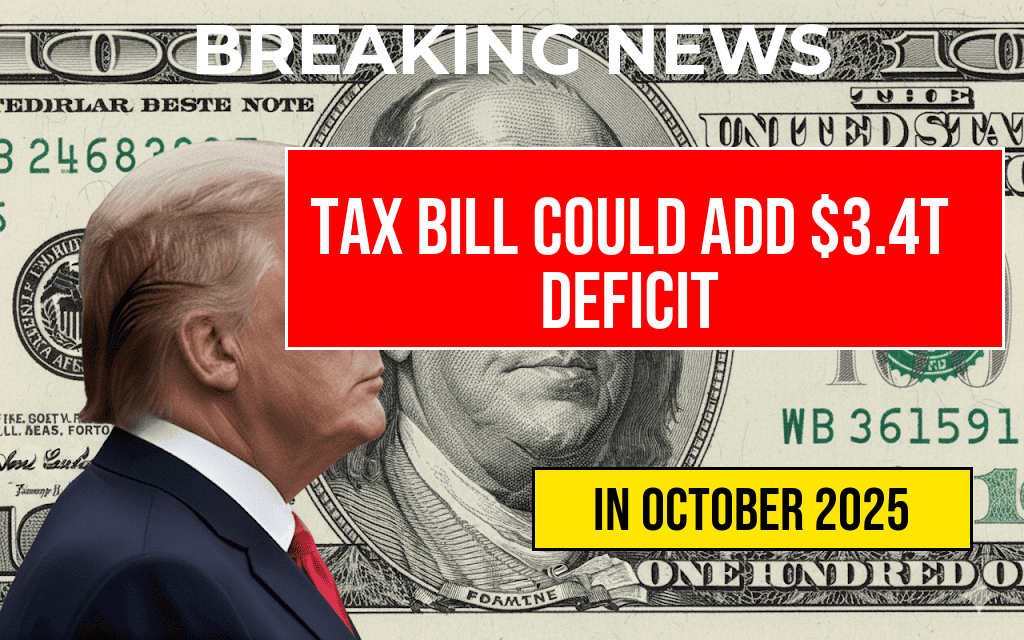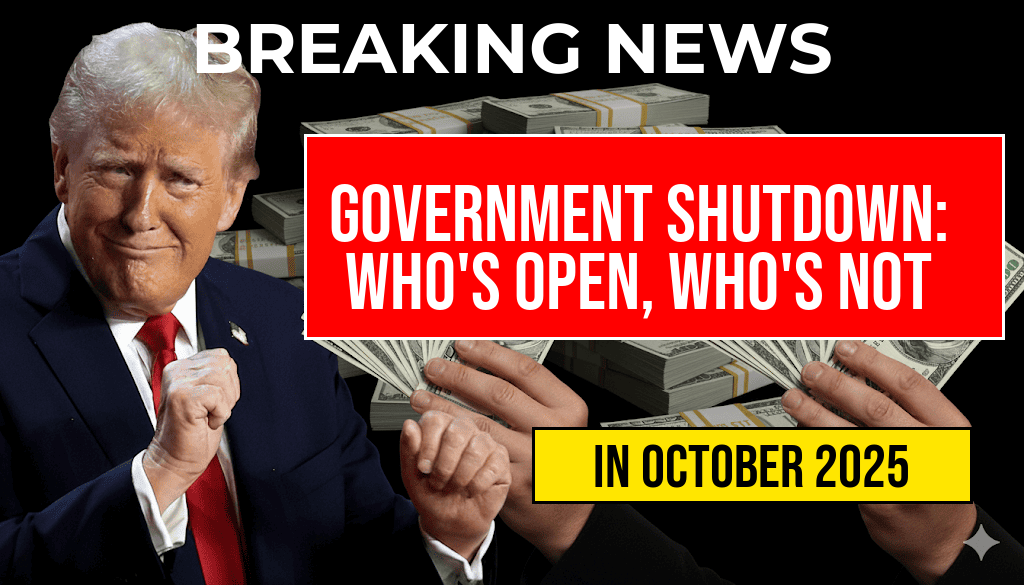The federal government has officially entered a shutdown phase after negotiations over funding failed to reach an agreement before the deadline. As of now, numerous agencies are operating under partial or complete shutdown protocols, affecting services across multiple sectors including Social Security, the Internal Revenue Service (IRS), defense operations, transportation security, and more. While some essential functions continue to serve the public, many government programs and administrative offices are halting non-essential activities, leading to widespread disruptions. This shutdown underscores the ongoing political impasse in Congress over appropriations and budget priorities, with repercussions expected to ripple through the economy and everyday life for millions of Americans.
Agency-by-Agency Breakdown: Who Is Operating and Who Is Not
Social Security Administration
- Operations: The Social Security Administration (SSA) has committed to maintaining essential services. Most Social Security payments, including retirement, disability, and survivor benefits, are expected to continue without interruption.
- Limitations: Service centers may experience reduced staffing, leading to longer wait times for in-person assistance. Some administrative processes, such as new claims processing, could face delays.
Internal Revenue Service (IRS)
- Operations: The IRS is operating at a limited capacity. Tax processing and refund issuance are ongoing, but many administrative functions, including audits and correspondence, are suspended or delayed.
- Impact: Filing deadlines remain unchanged, but taxpayers might experience delays in receiving responses or refunds due to staffing shortages.
Defense Department
- Operations: Critical defense activities, including nuclear deterrence and troop safety, continue without interruption. Many military operations are deemed essential and are maintained.
- Limitations: Non-essential functions, such as certain administrative tasks, training exercises, and procurement activities, are temporarily halted.
Transportation Security Administration (TSA)
- Operations: TSA staffing levels remain largely intact to ensure airport security, allowing commercial flights to continue operating smoothly.
- Limitations: Some support staff and administrative functions may be reduced, but passenger safety is prioritized.
Other Federal Agencies
Discretionary agencies, such as the Environmental Protection Agency (EPA), National Park Service, and Department of Education, are largely shuttered or operating with minimal staff. Essential services like law enforcement, border patrol, and emergency response units continue unaffected, although some non-essential activities are paused.
Table: Federal Agency Operations During Shutdown
| Agency | Essential Services | Operational Status | Notes |
|---|---|---|---|
| Social Security Administration | Yes | Partial | Payments continue; some services limited |
| IRS | Limited | Partial | Processing ongoing; audits delayed |
| Defense Department | Yes | Operational | Critical functions maintained |
| TSA | Yes | Operational | Passenger screening continues uninterrupted |
| EPA | No | Shut down | Field offices closed, inspections halted |
Impacts on the American Public and Economy
The immediate effects of the shutdown are evident in the disruption of services that many Americans rely on daily. Social Security recipients are expected to receive their benefits as scheduled, but delays in administrative support could cause inconvenience. Taxpayers may face delays in processing refunds or resolving issues with the IRS. Defense and security personnel continue to safeguard the nation, but non-essential military programs face postponements, potentially impacting ongoing projects and research.
Federal contractors and employees in non-essential roles face furloughs, leading to economic strain for thousands of families. The shutdown also hampers economic data collection, with agencies like the Census Bureau pausing some operations, which could influence economic forecasts and policy decisions.
Public confidence and political stability are also affected as debates over funding contribute to broader concerns about government functionality and fiscal responsibility. Experts warn that prolonged shutdowns risk deeper economic repercussions, including reduced consumer confidence and increased borrowing costs.
Looking Ahead: Negotiations and Resolution Prospects
As lawmakers grapple with disagreements over spending bills, the possibility of a legislative breakthrough remains uncertain. Historically, temporary measures have been employed to reopen agencies, but frequent shutdowns risk undermining public trust. The Biden administration and congressional leaders are under pressure to negotiate a bipartisan agreement that can fund essential government operations while addressing broader fiscal concerns.
For ongoing updates and detailed information about the federal shutdown’s scope, resources like GovInfo and Congress.gov offer official data and legislative details.
Frequently Asked Questions
Will Social Security payments continue during the government shutdown?
Yes, Social Security payments will continue to be issued as they are considered mandatory spending, and the program is typically unaffected by a government shutdown.
Which agencies are still operational during the shutdown?
Essential agencies such as the Department of Defense, Transportation Security Administration (TSA), and Federal Emergency Management Agency (FEMA) will continue to operate to ensure safety and national security.
What services are impacted by the shutdown at agencies like the IRS?
During a shutdown, IRS services such as processing of tax refunds, audits, and customer support may be delayed or temporarily unavailable, depending on funding levels.
How does a government shutdown affect federal employees?
Many federal employees may be furloughed, meaning they are temporarily sent home without pay, while essential personnel continue working to maintain critical operations.
What should the public expect regarding travel security during the shutdown?
Transportation Security Administration (TSA) officers will continue to work, ensuring that air travel security remains operational despite the government shutdown.










